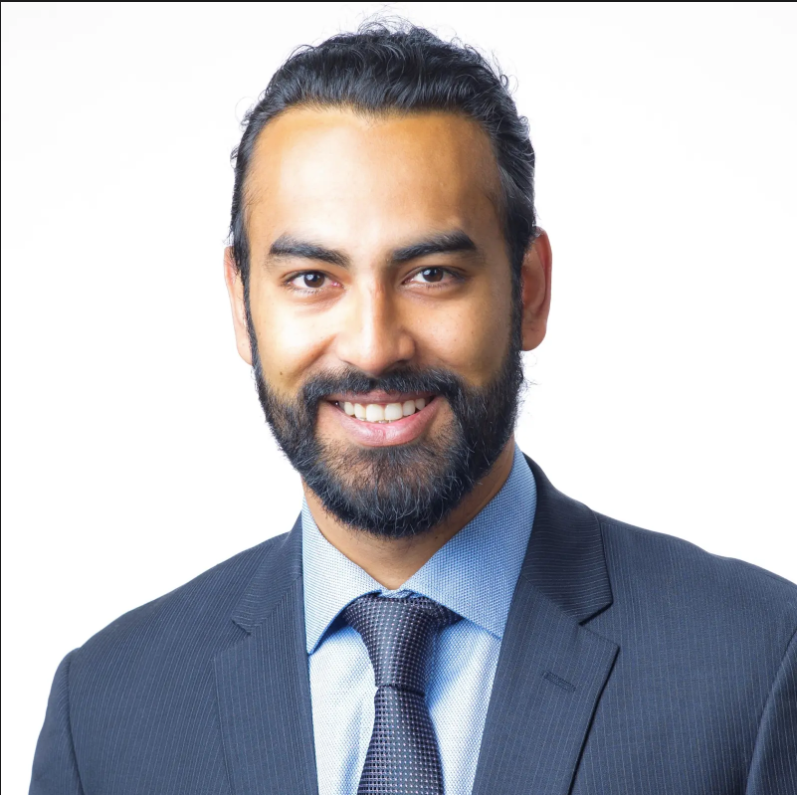Member spotlight for Shauhrat Chopra:

I am Dr. Shauhrat S. Chopra, an Associate Professor at the School of Energy and Environment at City University of Hong Kong (CityU). I received my PhD in Civil and Environmental Engineering from the University of Pittsburgh, USA, in 2015. My doctoral research focused on the resilience of complex systems, including economic systems, industrial networks, and critical infrastructure at both urban and national levels.
Before joining CityU, I worked as a Postdoctoral Researcher at the University of Illinois at Chicago. During that time, I contributed to a U.S. EPA-funded project focused on the sustainable design of emerging nano-enabled products.
I joined the School of Energy and Environment at CityU as an Assistant Professor in January 2018. Since then, my data-driven research has centered on developing indicators to measure the sustainability and resilience of the built environment, aiming to support better environmental decision-making. I was promoted to Associate Professor in 2024.
My work has established me as a global leader in urban sustainability and resilience research. I focus on tackling the complexities of trade-offs and synergies between climate change adaptation and mitigation, particularly within Hong Kong's built environment. I was honored that Stanford University ranked me among the top 2% most cited scientists globally for the year 2022.
Chopra's main research/work interest areas:
To effectively address the pressing climate change challenges of adaptation and mitigation that cities worldwide already face, my research as a Sustainability Engineer develops and applies innovative quantitative approaches. Grounded in the systems perspective of industrial ecology, I integrate principles from systems, civil, and environmental engineering. My primary aim is to create robust models and methodologies that systematically quantify the real-world impacts—both intended and unintended—of climate interventions, thereby guiding impactful solutions.
My core research areas, focused on delivering these tangible outcomes, include:
1. Developing and applying systems modeling approaches (e.g., network analysis, GIS, LCA, TEA, multi-criteria analysis) to rigorously quantify the sustainability and resilience of the built environment, ensuring our interventions are both effective and robust.
2. Investigating the resilience of critical interconnected urban infrastructure systems, particularly transportation and energy networks, to better protect them against current and future disruptions, including climate-induced hazards.
3. Advancing Life Cycle Assessment (LCA) methodologies, especially dynamic LCA (dLCA), for the practical, prospective evaluation of emerging 'low-carbon' technologies and circular economy solutions, ensuring they deliver on their environmental and economic promise.
4. Fostering interdisciplinary and transdisciplinary collaborations to tackle complex urban challenges head-on, integrating engineering solutions with social sciences, policy, and direct stakeholder engagement for holistic and implementable outcomes.
5. Bridging research with immediate real-world impact by translating scientific knowledge into actionable insights for policymakers, industry, and the public. A key future direction here is enhancing ESG data accuracy, particularly for Scope 3 emissions, and integrating these factors into financial performance to drive sustainable investment and corporate responsibility.
Chopra's favorite cities and why:
Hong Kong is certainly my favorite city. I've always been impressed by its incredibly convenient public transportation and the beautiful hiking trails so close to the urban bustle. Since having children, I've also gained an even deeper appreciation for its safety. From a systems perspective, it’s a testament to how well-planned infrastructure can enhance urban living.
Any collaboration interests you'd like to share with SUS members?
I am looking to collaborate on research at the intersection of resilience and sustainability within the built environment, with a specific focus on critical urban infrastructure systems (e.g., transport, energy, water).
How did you get interested in cities research? What drew you to sustainability topics?
I was born in New Delhi, India, and spent a significant part of my formative years in other dynamic cities across the Global South, such as Yangon in Myanmar and Hyderabad in India. These weren't just any cities; they were emerging megacities, absolutely vibrant with energy and undergoing incredibly rapid infrastructure expansion. But alongside this exciting growth, I also witnessed firsthand the considerable environmental costs and challenges that came with such development.
It was this direct exposure to the 'growing pains' of urbanization, and the clear, pressing need for solutions that could support development without jeopardizing the future, that truly drew me to sustainability. It sparked a drive to understand how we can create urban environments that are not only economically thriving but also resilient, equitable, and environmentally sound.
Recent publications
Our latest paper, titled "Integrating socio-demographic factors for equitable resilience in networked-urban infrastructure systems," reveals how infrastructure resilience performance varies significantly across different social groups. This challenges conventional resilience assessments that focus on overall system performance while often overlooking the disproportionate impacts on vulnerable populations. The research provides crucial insights into fostering equitable resilience in urban infrastructure systems, using Hong Kong’s metro network as a key example. Https://doi.org/10.1038/s42949-025-00195-y
